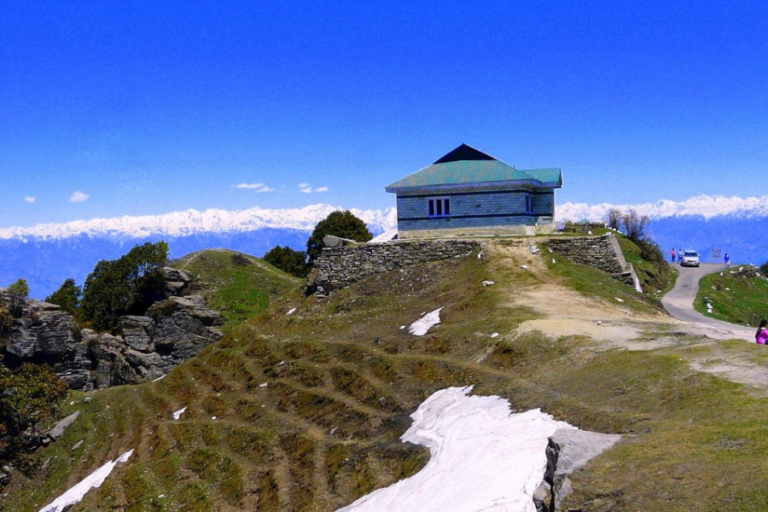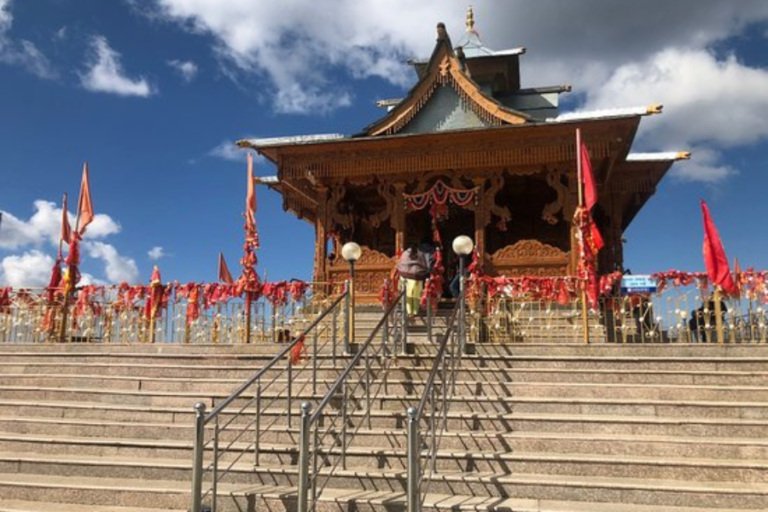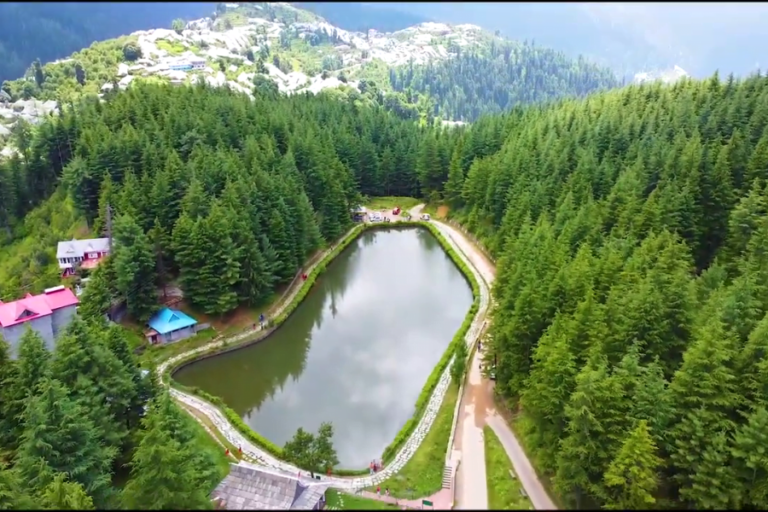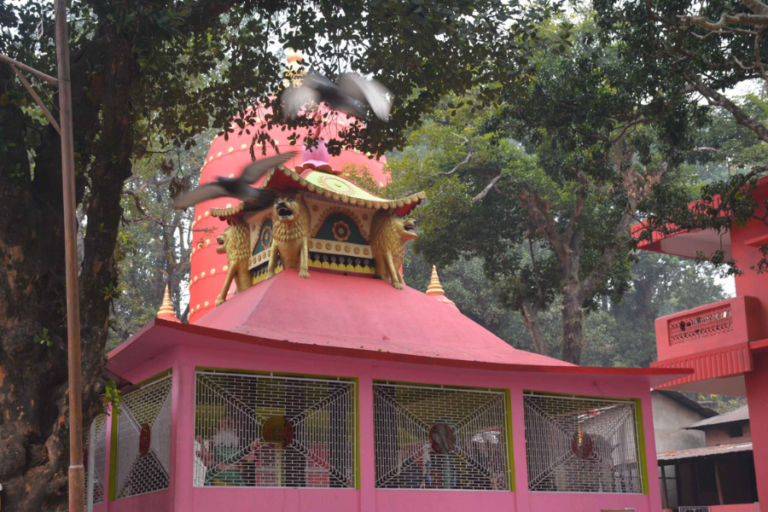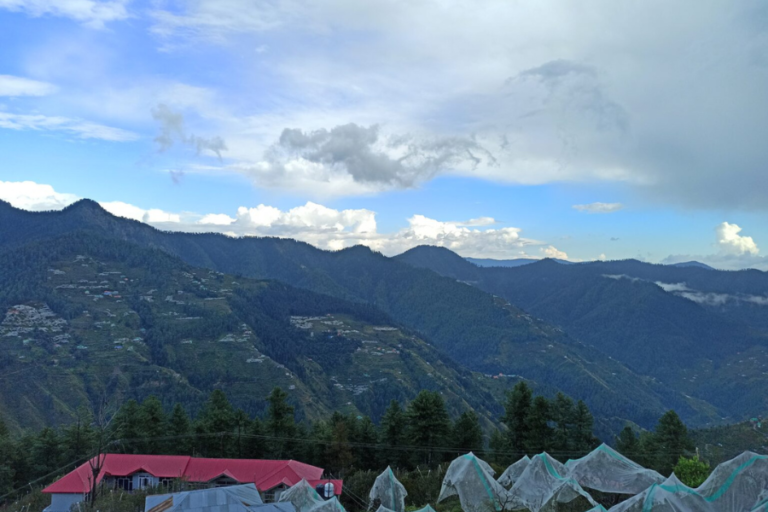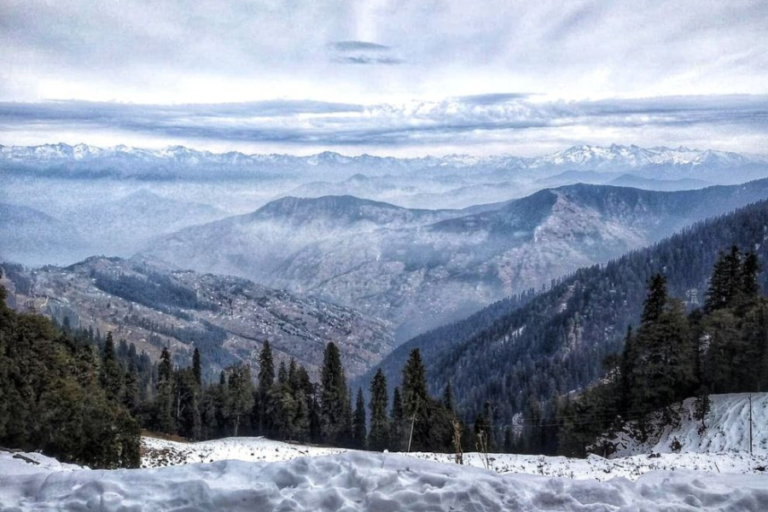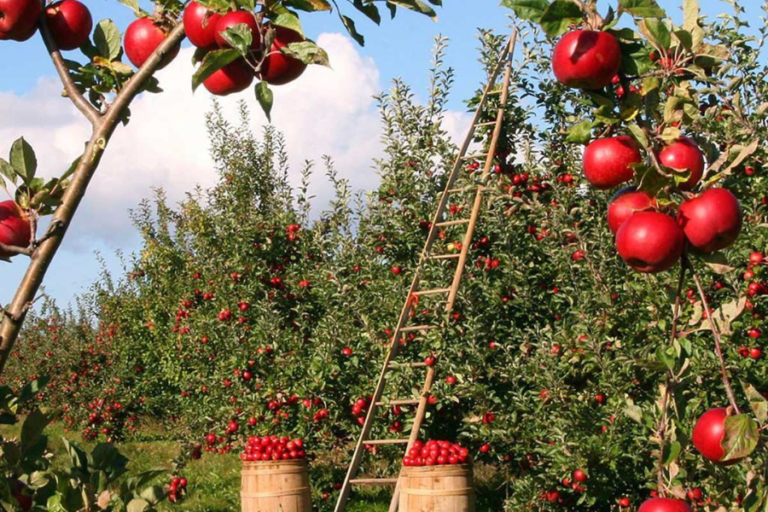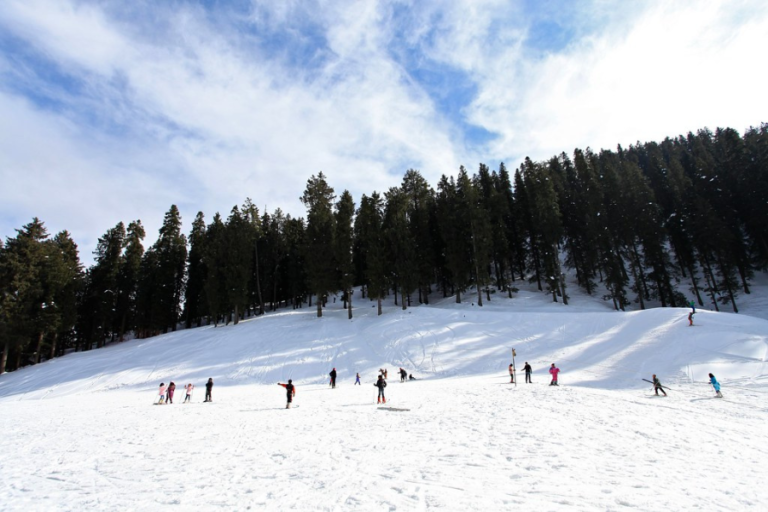Tani Jubbar Lake is one of the beautiful lakes situated in Narkanda and is one of the must-visit places. The lake is located at a charming destination, offering peaceful and tranquil aura. The lake is oval in shape and is surrounded by the majestic snow-clad mountains, the green valleys and the dense forests encircling the lake with its pine and deodar trees and the shrubs and bushes.
It is an enchanting spot for those who want to get away from the hustle-bustle of daily lifestyle and simple relax in this natural environment and enjoy a walk. One of the highlight of the lake is that it is also surrounded by the apple orchards, thus offering a fascinating view. Tourists can explore the apple orchard and try tasting these apples as well.
The lake is also a popular spot for nature walks and picnics; it helps visitors to calm their senses, the mind, body and soul. During sunrise and sunset, as the lake water is crystal clear, it reflects the surrounding mountains and the lush-green foliage and the clear blue sky. The lake is also the ideal spot for photography lovers and bird watchers.
Another important highlight of the Tani Jubbar Lake is that it has a small temple dedicated to Nag Devta who is the God of Snake, thus adding a spiritual significance to the area. During the festival time, the locals decorate the temple and religious ceremonies are performed here.
Tani Jubbar Lake is one of the best spot for spiritual and nature lovers, photographers and those seeking peace and tranquility, it is one of the best place to get away from the hustle-bustle and have a peaceful retreat in this beautiful Himalayan Kingdom.



